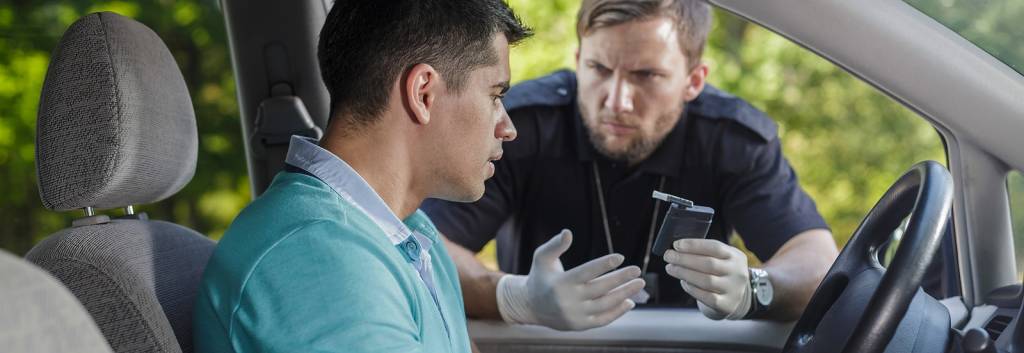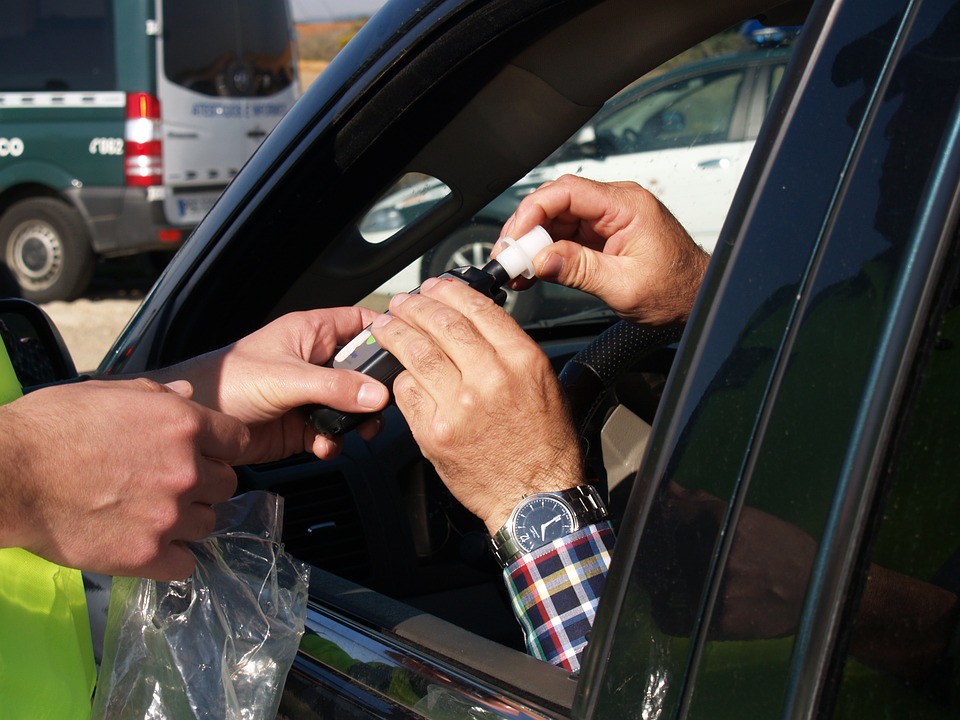Drivers and Traffic Laws
As a driver, there are some behaviors and conduct that the state expects of you. Driving according to the state laws and following the traffic rules are some of these expectations. If you are unsure of what the state laws are, you may want to talk to an experienced attorney for traffic violations in Tampa. To ensure that you are in accordance with these rules, law enforcement officers have been tasked with the job to ensure that you follow the rule of law.
State Traffic Laws Protecting Road Users
A part of the state law is one that ensures that you are driving in a sober state, that is while your reasoning and mental acuity are not being interfered with by drugs and alcohol. To ensure that you are driving in a state of total consciousness and with regard to other road users, sometimes DUI stops may be made.
DUI Checkpoints and What They Mean
DUI checkpoints are also known as sobriety checkpoints. These checkpoints are in the form of roadblocks and have been designed as a means to protect road users from the dangers posed by drunk drivers or those who are driving under the influence of drugs or other forms of intoxicating substances.
Who Mounts DUI Checkpoints?
DUI checkpoints are mounted by law enforcement officers and aimed at screening motorists to pick out the drunk ones while letting the sober ones off the hook. Having been proven to be one of the most effective ways to reduce accidents on roads and curb drunk driving, a total of thirty-eight states (38) have adopted the use of sobriety checkpoints. Twelve other states have not ruled in favor of the checkpoint. In fact, some states like Texas have kicked against the use of such checkpoints by law enforcement officers.
The twelve states that have kicked against the sobriety checkpoints have done so based on the fundamental human rights of citizens. The major driving force behind the non-adoption of sobriety checkpoints being that they violate the United States Constitution’s prohibition against unreasonable searches and seizures. In addition, sobriety checkpoints in these 12 states have also been regarded as a practice that deprives drivers of their due process rights.
However, in the thirty-eight other states where DUI checkpoints are in practice, the basis for the practice is rooted in the federal constitution which by extension supports the state laws. In some states like North Carolina and Hawaii, laws have been enacted to activate DUI checkpoints with the aim to check the surge in drunk driving and drunk driving accidents.
What are The Rules?
To ensure that a DUI checkpoint is in accordance with the law, most courts in the states practicing this law will expect the operation to be a reasonable one, both in creation and execution. This means that a DUI checkpoint can only be called for based on logical reasons. In addition, the state authority must state the essence of the DUI checkpoint and it must be deemed necessary enough to be granted by the court.
In addition, government officials must also present logical bases for imposing and how to carry out the process such that it won’t constitute a violation of human rights and other rights of drivers. In most states, courts have a list of requirements that must be met in order for a DUI checkpoint creation order to be granted.
Requirements for The Creation of DUI Checkpoints
As part of the requirements for the creation of the DUI checkpoint, below are some of the most important details that must be provided in order to meet the conditions set.
- The law enforcement officials must be able to provide a particular area or location where the DUI stop is to be located and also provide the procedures that will be followed during the stop. Rest assured that whenever you see a DUI stop, this is simply not an idea that was borne and carried out by a group of policemen, instead the idea had been sanctioned by a supervising officer. In addition to this, the sobriety checkpoint must have been advertised prior to its mounting to give the public prior notice of the engagement. As part of the advertisement, the law enforcement officers are required to have supplied the date, location and time frame for the activity.
- As part of the screening process, it is expected that those police officers at the roadblock agree to use a neutral screening formula for selecting drivers who are to be screened. Officers at the checkpoint are not allowed to simply stop a driver at the checkpoint, instead, the driver must have been noted to have exhibited certain behavior in line with drunk driving or in violation of one or more traffic rules. Common reasons why drivers may be pulled over include swerving, slurred speech, appearing to be drunk, speeding, alcoholic odor on the driver’s breath and others.
- Law enforcement officers who are at the roadblock are also expected to make use of materials that sufficiently announce their presence at the location. As part of the materials recommended, police officers are required to have adequate lighting, clearly identifiable police vehicle in sight, warning signs and other safety measures and precautions. This is aimed at protecting both the drivers and police officers. A driver is under no obligation to stop when a DUI stop does not appear to be associated with police authority and by extension, a DUI checkpoint cannot be used as a speed trap or for a covert operation. In addition, motorists must be assured of the DUI checkpoint’s legitimacy through clear identification as an official government operation.
- Sobriety checkpoints are also expected to last a reasonable amount of time. This means that a police department cannot decide to launch an unending or a never-ending sobriety checkpoint. The duration of the checkpoint should be one that reflects a good sense of judgment on the part of the law enforcement officers in line with the reason for the creation of the checkpoint.
- When motorists are arrested and detained on account of DUI, the court while hearing the case will consider the length of time for which a driver was detained and the basis for detention as answered by the officer. Taking into consideration the hectic nature of DUI checkpoints, it is important that police officers put in place measures that ensure that motorists are not detained for longer periods.
- For a state to sanction DUI checkpoints, such a state must have in place certain acceptable protocols and practices that ensure that the checkpoints are not designed to target specific groups or to harass drivers. These rules are those that must be followed strictly by law enforcement officers. Officers are expected to act within the scope and authority granted to the creation of the checkpoint. This means that a police officer cannot require a driver to submit his or her vehicle for searching while passing through the checkpoint.








